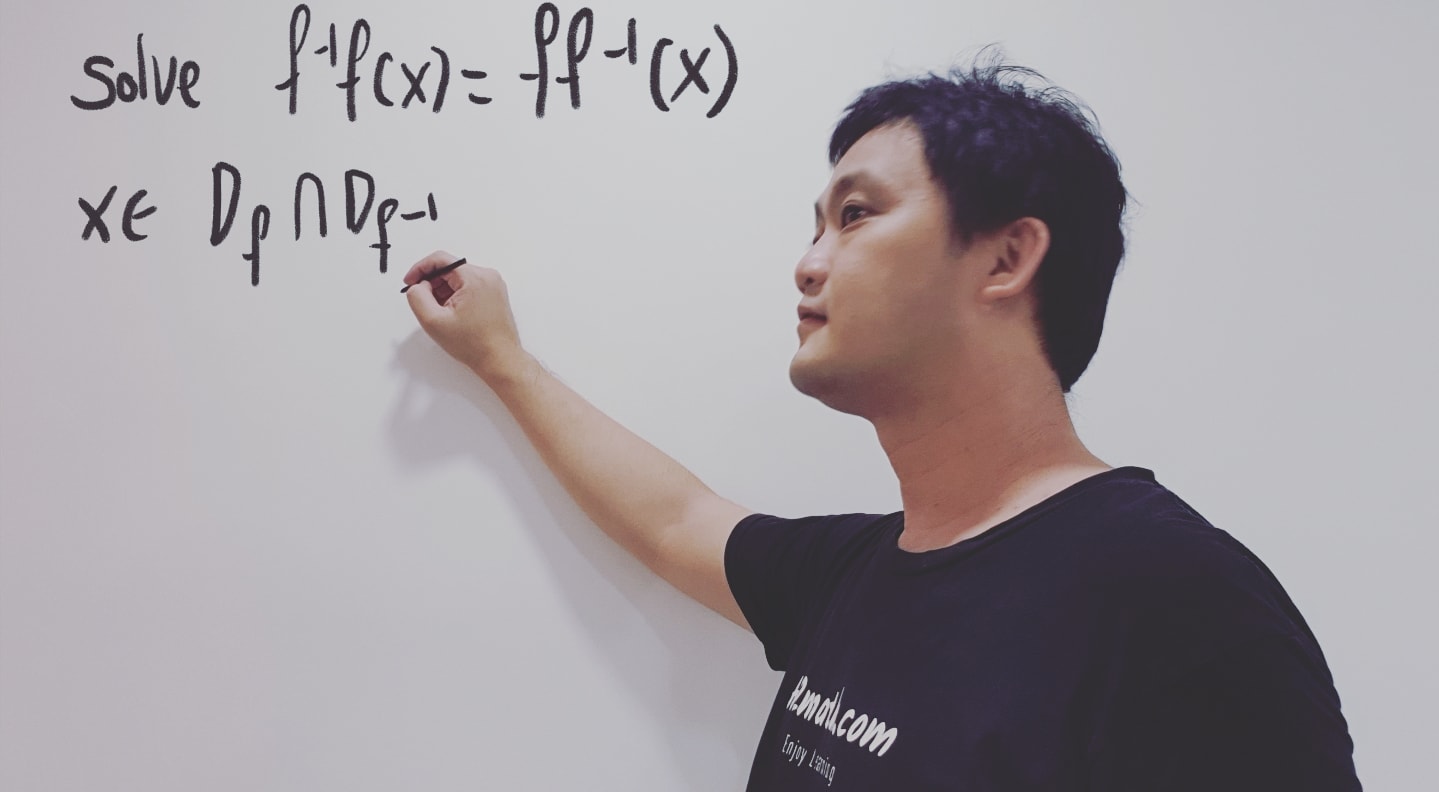What is REVISION and how does it help?
- Chew Sze Chong

- Dec 16, 2020
- 2 min read
Updated: Dec 19, 2020
REVISION is going back to your notes on what you have learnt and see how much you still remember and able to apply. These are the things you should be doing when you do your FIRST ROUND OF LEARNING. 1. Highlight keywords 2. Take notes or highlight what inspires you, your questions and anything that feels important.
3. Work on questions OR apply what you learn in a simulated or real environment to deepen your impression and experience of the learning. This will help you remember what you learn better than doing a passive reading.
When doing REVISION,
1. You refine your notes, correct any inaccuracies or sharpen any thoughts, questions, inspirations that you have written down (when you were doing your first round of learning). You also add on any new realizations that you have in your notes. You can also make your notes more concise and straight to the point than your first draft notes. Avoid rewriting your notes altogether, just polish up your first draft.
2. Try working on some real world problems OR questions again.
We tend to forget some of the things we learn if we do not apply them regularly
Hence REVISION HELPS us to remember the things we learn, consolidate our experiences, dig deeper into what we learn, challenge us to apply the ideas to more difficult problems and generate new insights. Most importantly, revision remind us to apply what we learn.
A REVISION SCHEDULE is best planned on a monthly calendar. Note down on your monthly calendar what you do or learn everyday. Schedule a reminder to revise something two weeks later if you suspect you may forget what you learn when two weeks are up.
The mantra for revision is:
Plan a REVISION SCHEDULE and KEEP TO IT!


























Comments